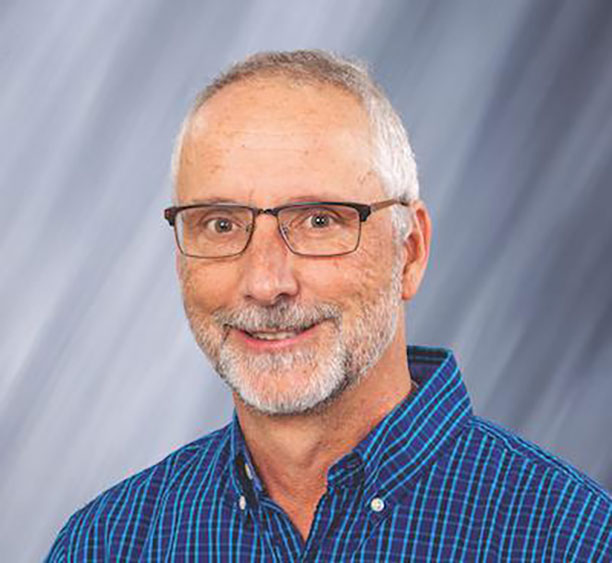Dr. James Demastes
Professor

Office - MSH 070
Research Lab - MSH 012
Directory Contact
Dr. James Demastes
Professor
- Ph.D. 1996 Louisiana State University, Baton Rouge, LA., Department of Zoology and Physiology.
- Dissertation: "Analysis of cospeciation: The effects of spatial and temporal scale."
- M.S. 1990 Louisiana State University, Baton Rouge, LA., Department of Zoology and Physiology.
- Thesis: "Host-parasite coevolutionary relationships in two assemblages of pocket gophers and chewing lice."
- B.S. 1982 Secondary Science Education (biology major, chemistry minor), Auburn University, Auburn, AL.
Mammalogy and Field Zoology have been my main responsibilities but I am also very interested in any class dealing with evolution, the nature of science, and critical thinking (all of which I try to incorporate into any class). Thus, I enjoy teaching Organismal Diversity to our biology freshmen. As an evolutionary biologist, I am also enjoying the challenge of teaching the sophomore-level course, Ecological and Evolutionary Theory.
My research interests focus on host-parasite coevolution and zoogeography. My research in coevolution involves long-time collaborations with several researchers at other universities. We have been studying pocket gophers (Rodentia: Geomyidae) and their ectoparasitic chewing lice (Pthiraptera: Trichodectidae) for over 20 years. Our past, NSF-funded, work involved a gopher-louse assemblage distributed across much of Mexico (Spradling, et al., 2016).
Dr. Theresa Spradling and I are currently working on a long-term study on the affects of range expansion on the population genetics of parasites along the Rio Grande. We have been studying this particular system since 1989 and are now applying modern techniques such as DNA fingerprinting to examine the genetic consequences of shifting species ranges. This is an especially important question given the rapid environmental change (and subsequent range shifts) that are being observed today. This research has also been funded by NSF and has involved several UNI students. For more information, see our project web page: https://louselab.uni.edu/.
- Curriculum vita
- Links to publications can be found on Google Scholar
